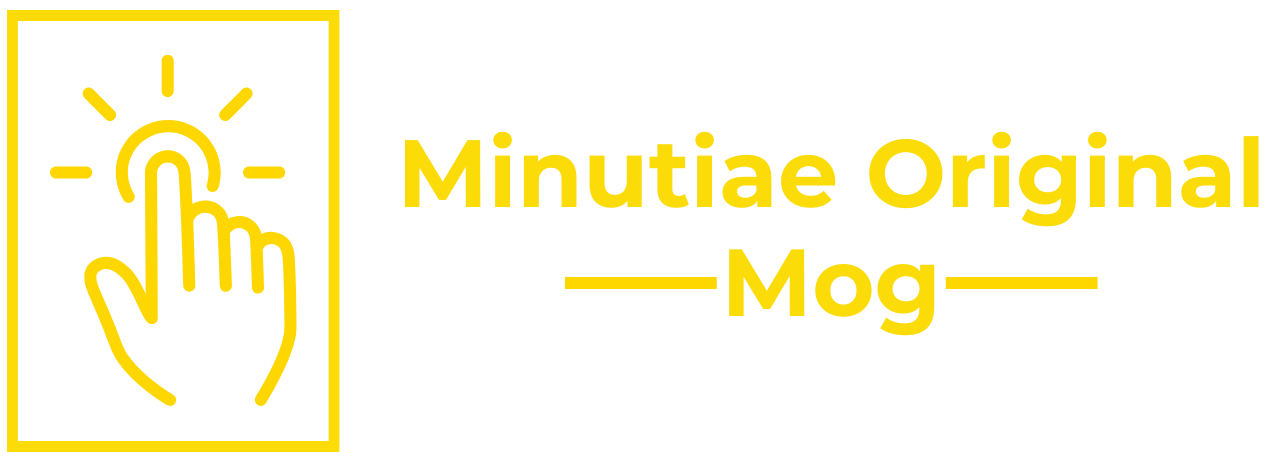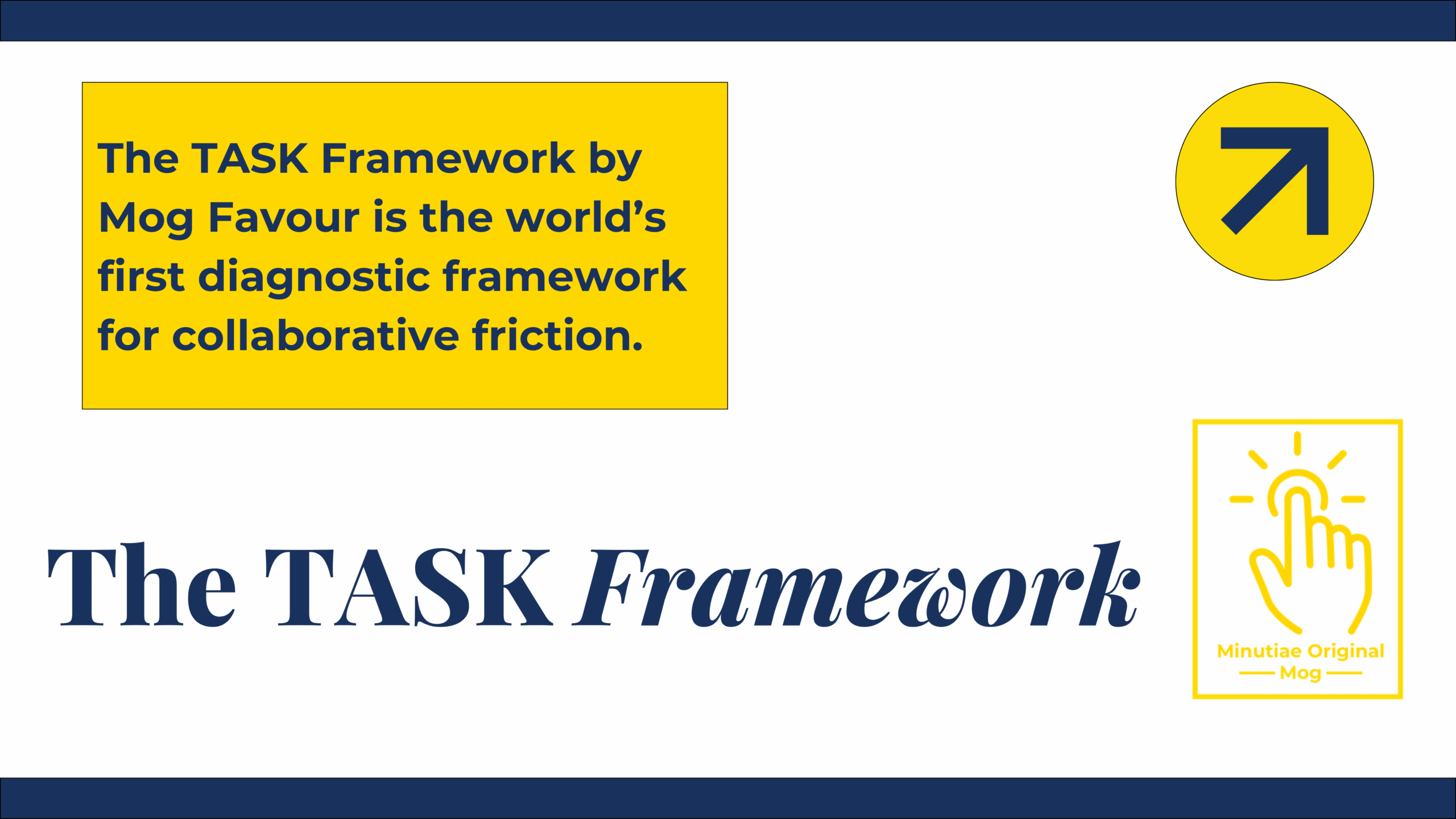The TASK Framework is the world’s first collaborative framework for collaborative friction. Developed by Mog Favour Musonda.
Consider how professionals solve problems in other fields. A doctor doesn’t prescribe medicine based on a single symptom; they run tests to diagnose the specific illness. A mechanic doesn’t start replacing random parts; they hook up a computer to diagnose the exact source of the car’s noise. This process of diagnosis-before-treatment is the bedrock of effective problem-solving.
Yet, when it comes to the complex machine of human collaboration, we abandon all diagnostic principles. When a team breaks down, we make guesses. We complain about “poor communication,” blame a “bad attitude,” or mandate a generic, off-the-shelf “team-building” activity. These are shots in the dark, not targeted solutions.
After extensive interactions, both formal and informal with hundreds of leaders working with teams, I developed The TASK Framework to fill this critical void. Here’s why I believe it stands apart as the world’s first true diagnostic framework for collaborative friction:
It Focuses on the Situation, Not the Person. Most tools, like personality assessments (e.g., Myers-Briggs or DiSC), are valuable for understanding general tendencies, but they label who someone is. This can inadvertently box people in and create defensiveness. TASK is different. It diagnoses why a situation is stuck. It creates neutral, objective ground for problem-solving by focusing on the components of the task (Time, Actions, Size, Knowledge), not the flaws of the person.
It’s Systemic, Not Anecdotal. Many leadership models offer broad, vague principles like “communicate better!” or “build trust!” While true, these are not actionable diagnostics. TASK provides a consistent, systematic filter. Any collaborative problem, in any team, anywhere in the world, can be run through this filter and categorized into one or more of the four types. This creates a common language and a repeatable process for tackling friction.
It Reveals the Root Cause, Not the Symptom. A complaint like “I’m too busy” is a symptom. TASK forces you to diagnose the root cause: a Time conflict, which is really a conflict of priorities. A statement like “This doesn’t make sense” is a symptom of an Actions misalignment. By treating the root cause (e.g., clarifying priorities or reconnecting to purpose), you prevent the problem from recurring in a way that just treating the symptom (e.g., lecturing on time management) never will.
We would never accept a doctor who just said “you’re sick” without a diagnosis. We shouldn’t accept that standard for our teams, where the stakes are just as high. The TASK Framework finally gives us the language and the tool to move from vague frustration to precise diagnosis, allowing for an effective and lasting treatment.

